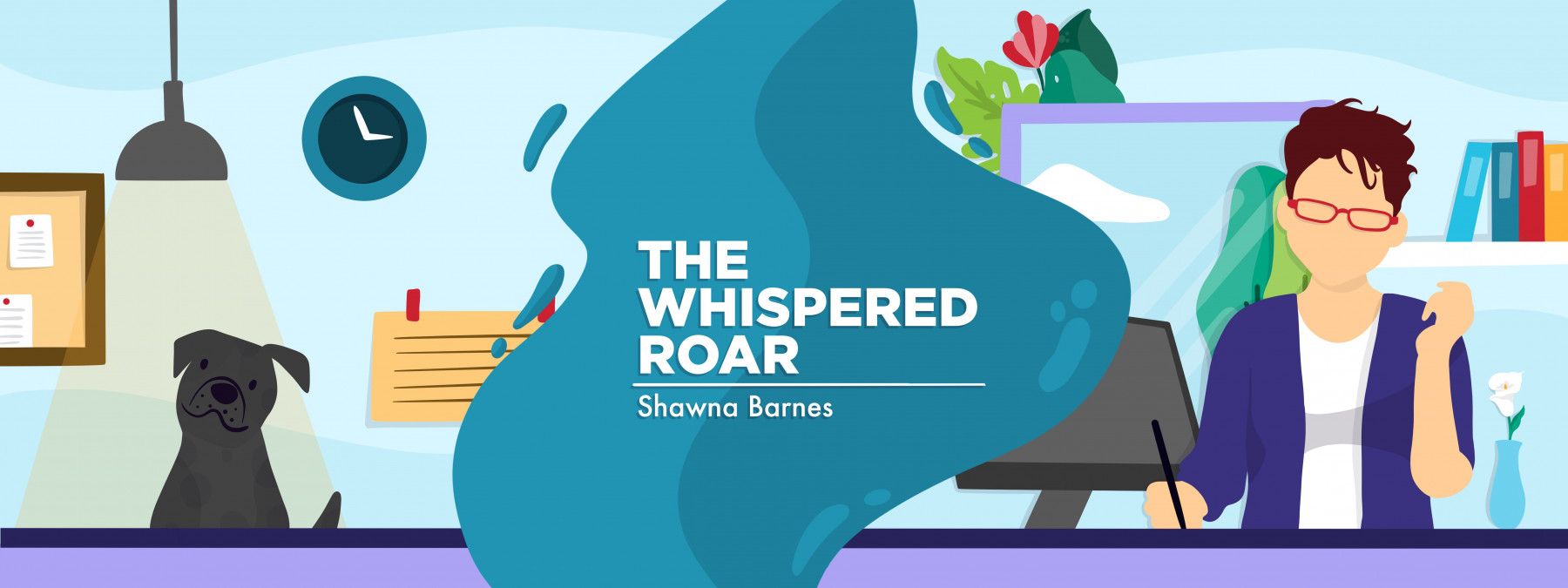Education is a part of living with a rare disease like myasthenia gravis
Rare Disease Day on Feb. 29 is an opportunity for advocacy
Written by |

Q: What is myasthenia gravis (MG)?
A: It’s a neuromuscular autoimmune disease.
Q: What is a neuromuscular autoimmune disease?
A: It’s when your immune system attacks the junction where nerve cells meet muscle cells.
Does anyone else feel like they’re giving a lecture when explaining this thing we call MG?
I know many in our community get frustrated with this part of having a rare disease — educating the public about what it means to be us. I see it all the time in support groups on social media.
Some days I wish I didn’t have to educate and advocate, but in general, it’s one of my favorite parts of having the disease, if there is such a thing. I thrive on finding ways to explain my daily life to people who don’t know. I love to teach, so it’s a fantastic feeling when I see the lightbulb go off in someone’s head because they finally “get it” after I’ve shared an analogy they can relate to.
I am known for saying that people don’t know what they don’t know. It’s something I’ve built my web design business around as a digital accessibility specialist.
Rare Disease Day 2024
As humans, we tend to appreciate or acknowledge only things we have firsthand knowledge of. So while accessibility in the physical and digital realms are a human right, when the majority of the population lives in a world they perceive as barrier-free, they create things based on their knowledge and lived experiences.
Rather than begrudge them for not understanding that something may create a barrier for someone else who has a disability, I look for windows of opportunity to engage and educate. Just as I don’t hold it against anyone for not understanding my perspective as a former teenage mother, a veteran of the U.S. Army who served as a medic, and someone who has moved more than 30 times in 40 years, I don’t hold ill will toward anyone for not understanding the challenges of living with myasthenia gravis.
If I explain it and the person chooses ignorance over getting educated, then that’s a completely different topic. As Mr. T would say, “I pity the fool.”
Having a rare disease like MG is hard enough without adding to the pile of “ugh” by holding on to emotions that just raise cortisol levels and make you feel even more “ugh.” (You gotta love that cortisol — the stress hormone that seems to cause even the most well-managed symptoms to flare.)
As Rare Disease Day approaches on Feb. 29, think about how you can reframe the way you view self-advocacy and education regarding your rare disease. How can you include compassion and empathy, not just for yourself, but also for those who simply don’t know what they don’t know?
What would you tell them? What do you wish your network of friends and family knew or understood? What would you tell yourself when your own myasthenia gravis journey began?
There are lots of questions with no right or wrong answers. But I hope they help you find solutions that work for you.
Note: Myasthenia Gravis News is strictly a news and information website about the disease. It does not provide medical advice, diagnosis, or treatment. This content is not intended to be a substitute for professional medical advice, diagnosis, or treatment. Always seek the advice of your physician or other qualified health provider with any questions you may have regarding a medical condition. Never disregard professional medical advice or delay in seeking it because of something you have read on this website. The opinions expressed in this column are not those of Myasthenia Gravis News or its parent company, Bionews, and are intended to spark discussion about issues pertaining to myasthenia gravis.




Mike Stabile
Regarding your section, "when I see the lightbulb go off in someone’s head because they finally “get it” after I’ve shared an analogy they can relate to", I'd sure like to know some of the analogies you use to explain MG to others. Thank you.